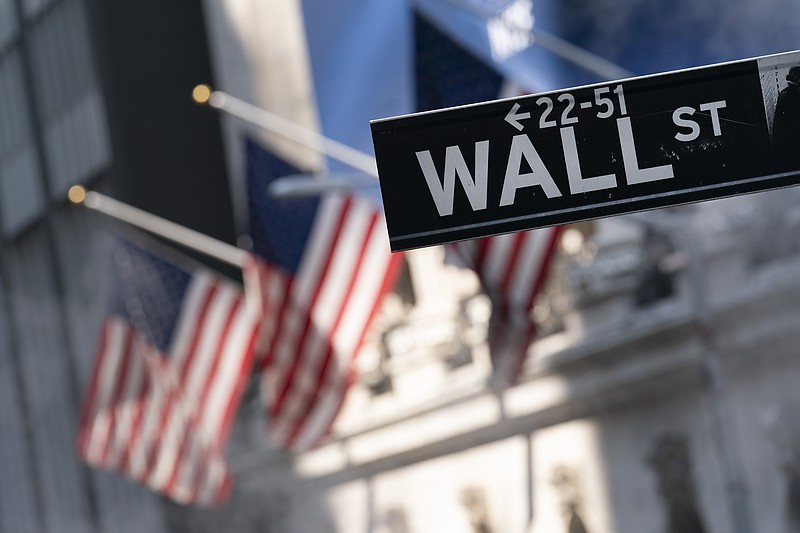Wall Street delivered more milestones Tuesday after a modest pickup in stocks nudged the S&P 500 to an all-time high and the Nasdaq composite climbed above 15,000 for the first time.
The benchmark S&P 500 index rose 0.15% after a relatively quiet day in the market. Banks and a mix of retailers, travel companies and restaurant chains accounted for much of the upward move. Those gains offset a slide in health care companies, household goods makers and technology stocks.
The S&P 500 rose 6.70 points to 4,486.23. It was the index's fourth-straight gain and its first record high since early last week. The Dow Jones Industrial Average gained 30.55 points, or 0.1%, to 35,366.26. The Nasdaq composite climbed 77.15 points, or 0.5%, to 15,019.80. The tech-heavy index also finished at a record high on Monday.
Small-company stocks outgained the rest of the market. The Russell 2000 index rose 22.61 points, or 1%, to 2,230.91.
Investors bid up shares in home builders after the government reported that sales of new U.S. homes rose modestly last month. Small-company stocks outpaced the rest of the market. Treasury yields mostly edged higher. The price of crude oil had its second solid gain in a row, clawing back more of the ground it lost over the previous two weeks.
While investors have been monitoring the developments overseas in Afghanistan and with the coronavirus and its highly contagious delta variant, the absence of any new, bad news today may have helped keep the market moving higher, said Randy Frederick, vice president of trading & derivatives at Charles Schwab.
"In a bull market, in an absence of negative catalysts, you tend to get some upside movement," Frederick said. "It's slow and gradual, but it continues to trudge forward."
Bond yields rose. The yield on the 10-year Treasury note rose to 1.29% from 1.25% the day before.
The market's latest gains bolster its comeback after last week, when the S&P 500 posted its first weekly loss after two weeks of gains. Stocks rose on Monday as investors welcomed the Food and Drug Administration's full approval of Pfizer's covid-19 vaccine over expectations that it may make vaccination adoption more widespread.
The Pfizer vaccine approval has given cities and companies the legal backing to start requiring mandates. On Monday, New York City and the Department of Defense announced vaccination requirements. Shares in Pfizer fell 3.1% Tuesday. Moderna, another coronavirus-vaccine maker, dropped 4.1%.
Best Buy jumped 8.3% for the biggest gain in the S&P 500 after reporting results that were better than analysts were expecting and raising its full-year forecast.
Travel companies also made gains. Las Vegas Sands rose 7.5% and Wynn Resorts added 7%. Airlines and cruise line operators also rose. American Airlines picked up 3.8% and Delta Air Lines added 3.4%, while Norwegian Cruise Line climbed 4.6% and Carnival rose 4.4%.
Halliburton, Occidental Petroleum and Valero Energy rose 3% or more as the price of U.S. crude oil rose 2.9%.
Investors will be looking to the Federal Reserve as the Kansas City Fed's annual conference in Jackson Hole, Wyo., starts later this week. It likely will provide Wall Street with more insight into what the Fed may do about inflation. The concern among investors is that the Fed will reduce its bond-buying program later this year to combat inflation.

